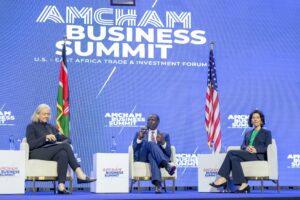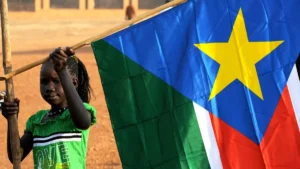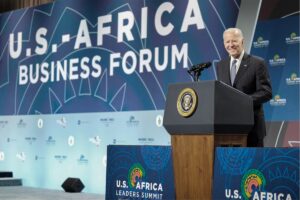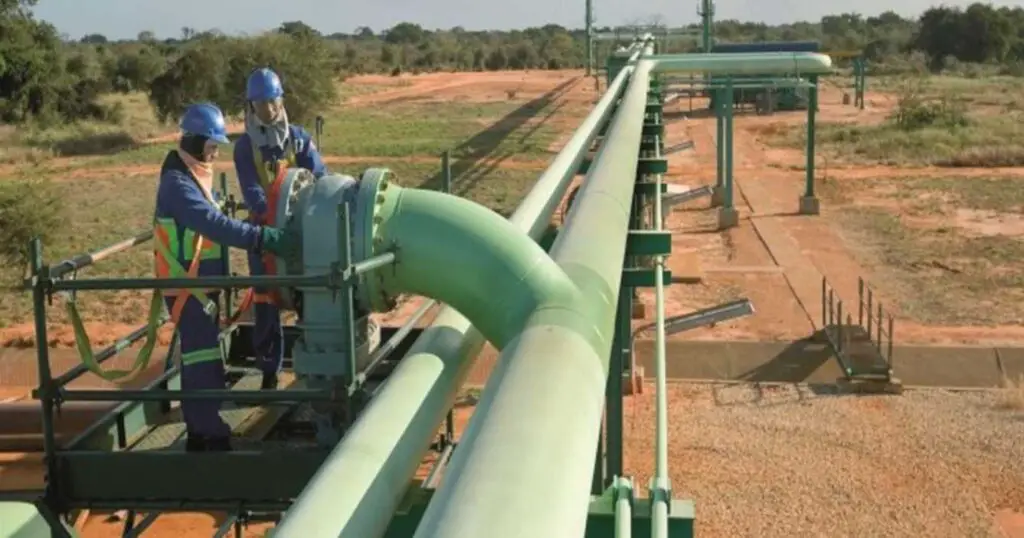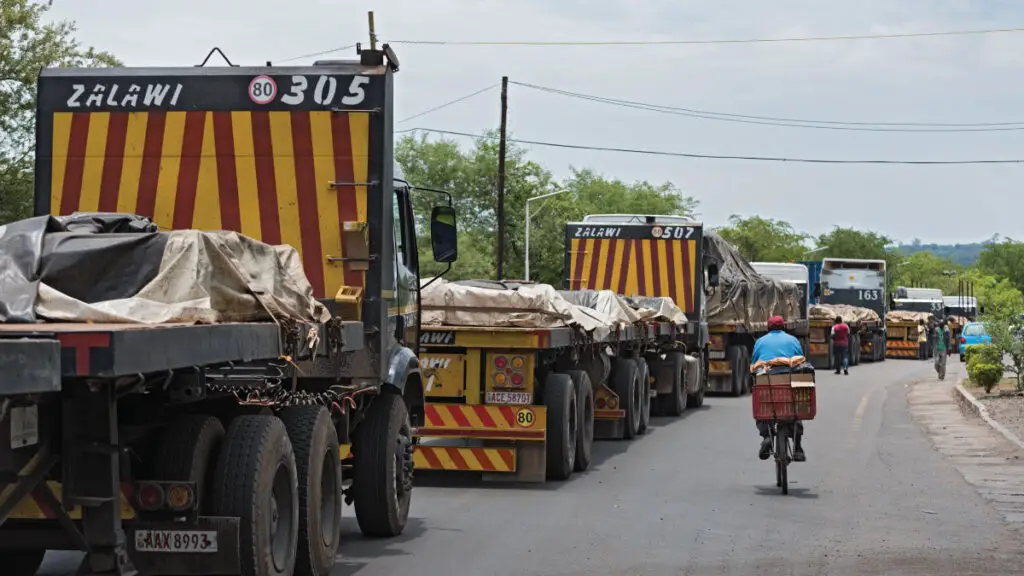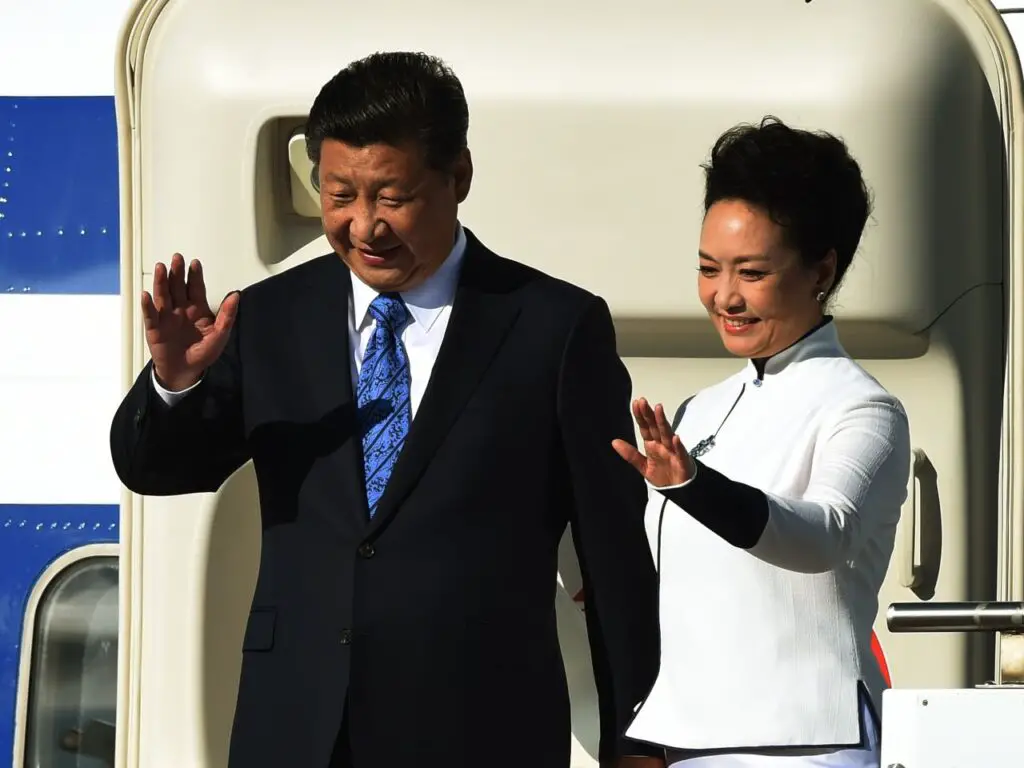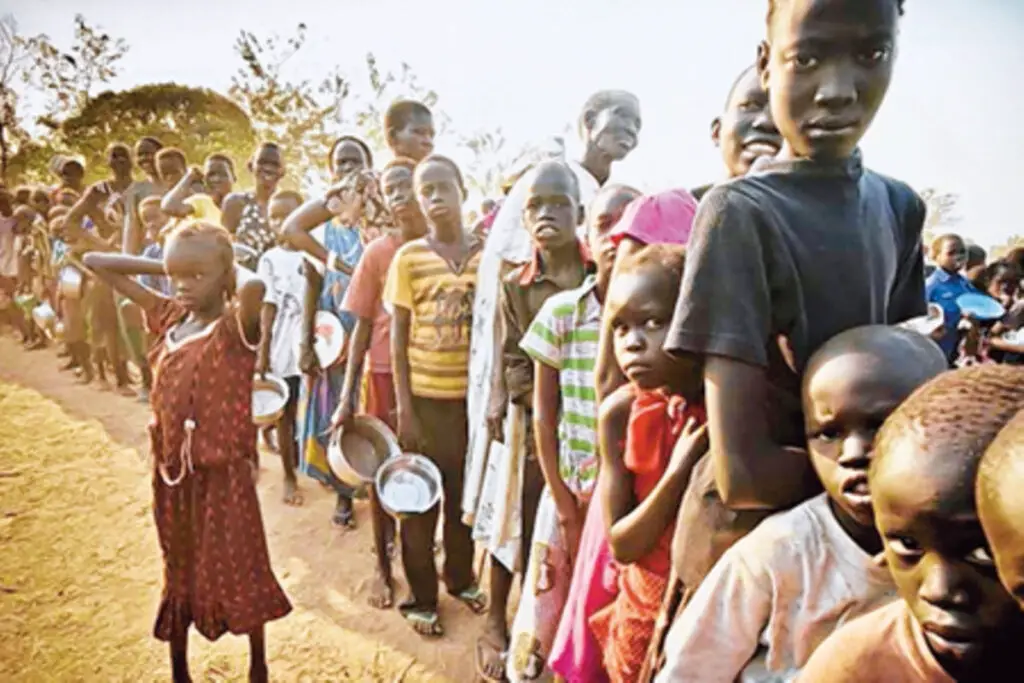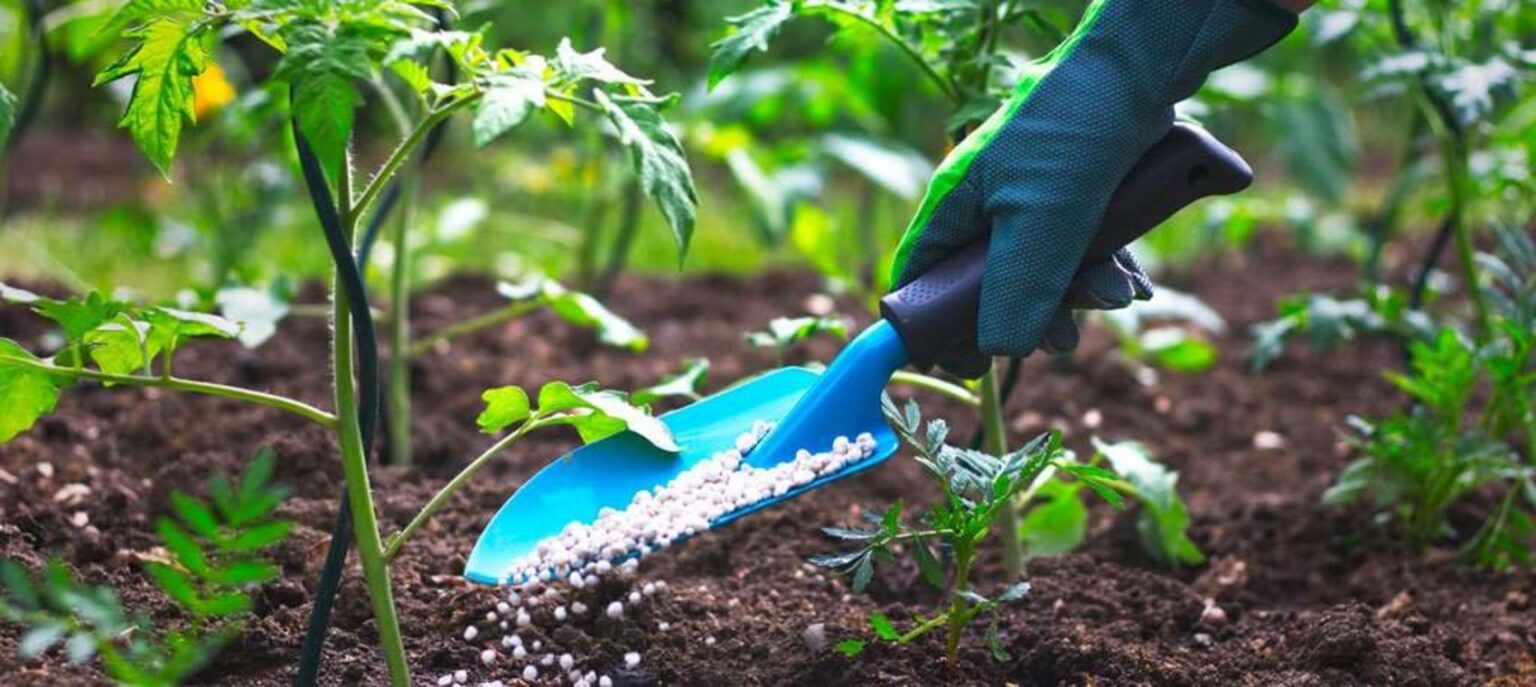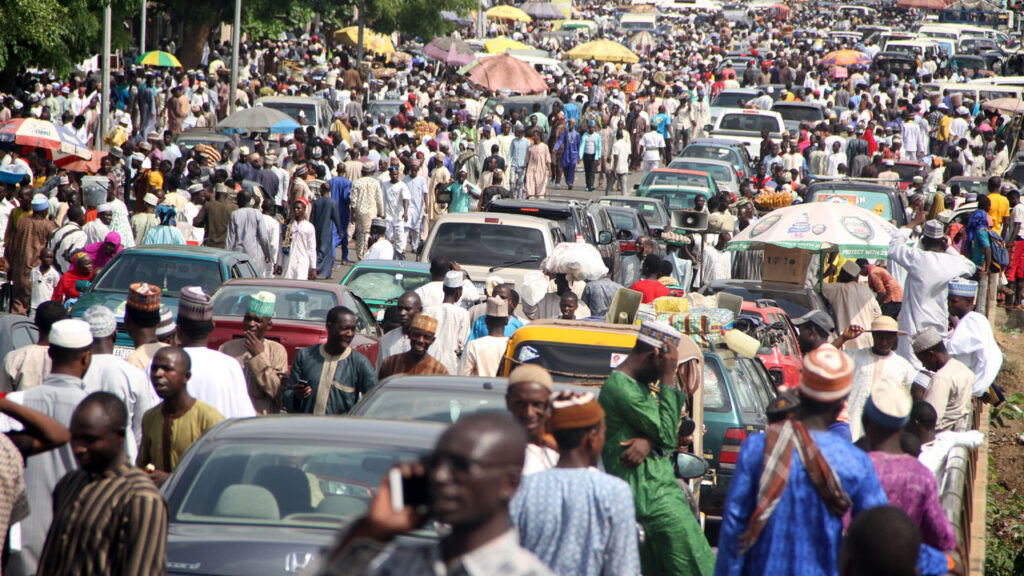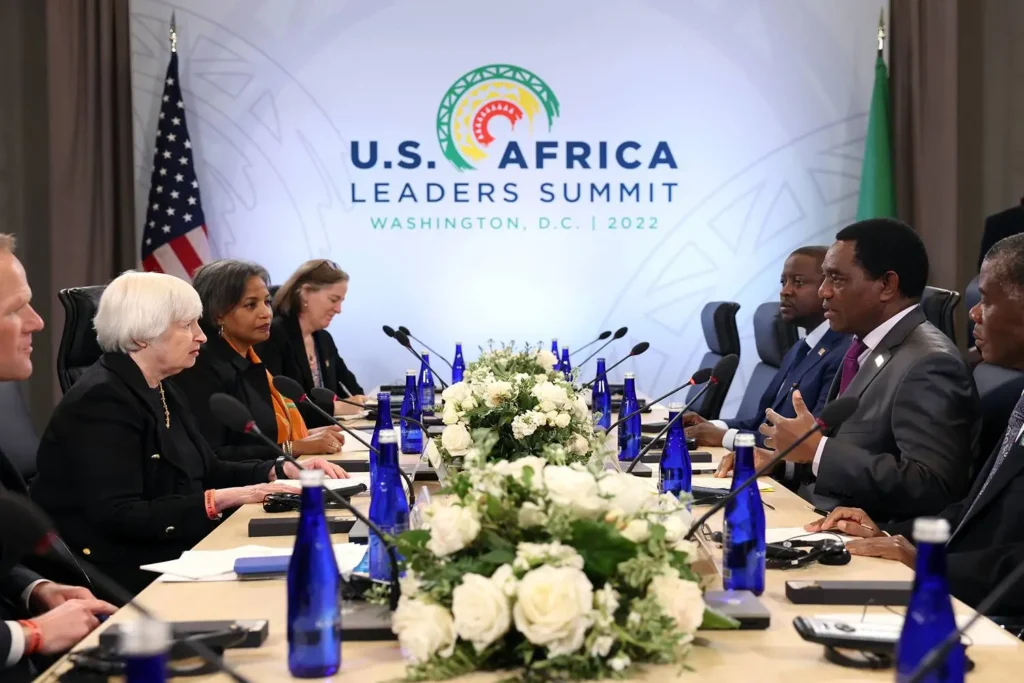- History beckons as push for Kenya’s Ruto to address US Congress gathers pace
- IMF’s Sub-Saharan Africa economic forecast shows 1.2 percent GDP growth
- The US Congress proposes extending Agoa to 2041, covering all African countries
- Millions at risk of famine as fuel tax row halts UN aid operations in South Sudan
- Empowering the Future: Humanity Protocol’s Dream Play Initiative
- TikTok Community Guidelines update aims to curb hate speech and misinformation
- Rwanda sees 39% surge in bank borrowers as Sacco and MFI loan uptake declines
- Kenya Ports Authority wins dispute case over cargo release
Author: Giza Mdoe
Giza Mdoe is an experienced journalist with 10 plus years. He's been a Creative Director on various brand awareness campaigns and a former Copy Editor for some of Tanzania's leading newspapers. He's a graduate with a BA in Journalism from the University of San Jose. Contact me at giza.m@mediapix.com
At the close of 2022, between September to December, food prices soared around the world and with no signs of this abating in 2023, countries in Africa will have to move with speed to mitigate a looming food crisis.
Food inflation is particularly pronounced and severe in low-income and middle-income countries. According to most recent sector reports, up to 94.1% of low-income countries around the world suffer food inflation.
With increasing food prices, the cost of living is increasing, and it is no better in lower-middle-income countries of which 92.9% are contending with food inflation.
Also Read: Starvation, death threaten Horn of Africa stability
Even the upper-middle-income countries are also facing food inflation with 89% reporting unprecedented double-digit inflation.
According to the International Monetary Fund (IMF), maize prices in December 2022 went up by 27% while wheat shot up 13% higher compared to the same period in 2021.
As we …
Tanzanite is a precious stone said to be a thousand times rare than the rarest diamond. True to that claim, the tanzanite gemstone is mined in only one location in the world; a small area in Simanjiro District in Tanzania.
Given the scarcity of tanzanite you would expect that the single mining country, Tanzania would be stock rich, or at least earn the lion’s share of what the gem is valued.
This is not the case. In fact, the exact opposite is true. Tanzanite trade globally earns USD 500 million a year, but Tanzania’s export revenues are a paltry USD 20.75 million, or equivalent to 4.15 percent of the global export value!
Also Read: Tanzania: Small scale miners double in a year
The overwhelming question is why and more importantly how can the situation be resolved? how can Tanzania increase its earnings from its monopoly mining of tanzanite?
The …
The Economic Community of West African States (ECOWAS) boasts of some of Africa’s largest economies, but like many economies of the world, the 15 member states of ECOWAS are facing both endemic and global challenges that could undermine the region’s economic growth in in 2023.
While two years ago in 2020, before the global pandemic struck, a majority of ECOWAS countries were enjoying the commodity boom with the region’s three of its largest economies – Nigeria, Ghana, and Côte d’Ivoire – accounting for one-fourth of Africa’s GDP.
Unfortunately, short of a change in the global economic projection, it will be a challenge for these West African countries to replicate the pre-pandemic growth. The global economic forecast paints a depressed economy in2023 and at best sluggish growth for more diversified economies, spilling over from the after math of the pandemic, the ongoing Russia-Ukraine war and widespread inflation.
A global analysis released …
The African Continental Free Trade Area (AfCFTA) could deliver far greater benefits in terms of jobs, growth, and poverty reduction than previously estimated – making it a potential game changer for Africa’s economic development if its ambitious goals are fully realized, a World Bank 2022 report indicates.
Two key points stand out in that World Bank statement, first ‘AfCFTA could deliver greater benefits…than previously estimated,’ and second, ‘if it’s ambitious goals are fully realized.’
The first point begs the question how could a continent-wide trade pact be undervalued,’ and the second is the possibility that the one trade zone might not take off as planned.
Also Read: East African SMES ready to tap into the wider African market
Let us look at the AfCFTA goals and determine whether they are indeed ambitious or just realistic and if so, let us review the hurdles that may derail AfCFTA from achieving …
- China reopening after lifting restrictions under the zero-Covid-policy
- 2023 to be a tough recovery year for Beijing
- President Xi Jinping to lead China recovery
As China is about to finish the Year of the Tiger in January in what was meant to be a year of recovery, what is in store for Sino-Africa relations?
President Xi Jinping has had his hands full this past few years the least of reasons not been the Covid-19 that has severely slumped China’s otherwise skyrocketing economic trajectory.
To keep its people safe and to some extent, to show the world that it is taking all measures to prevent the mistakes of 2019 that led to the spread of the Covid-19 pandemic. Whether it is a US-Euro politically triggered compliance, or its own strong arm, China has gone over and above the general world’s response post the pandemic.
Beijing, initiated its zero-Covid-policy, characterized by widespread …
- Over 20 million children in the Horn of Africa will suffer severe hunger, thirst and disease in 2023
- Africa food crisis blamed on climate change and the Russia-Ukraine war
- The continent continues to invest millions for future projects as millions die by the day
A prolonged drought linked to climate change is being linked to a severe food crisis in the Horn of Africa with millions in parts of Ethiopia, Somali and Kenya facing staring death as a result of extreme hunger.
According to the UN Children’s Fund (UNICEF), the number of children suffering from dire drought conditions has more than doubled in the last five months of 2022, spelling a hunger doom in 2023.
It is estimated that over 20 million children in the Horn of Africa will suffer severe hunger, thirst and disease in the coming year; a figure that is twice the 2022 figure that was pegged …
- The Russia-Ukraine war has impacted Africa’s economic growth by increasing food shortage
- Africa is facing impending food crisis that will see over 140 million go hungry in 2023
- Economists remain optimistic Africa can recover against all odds
Economic growth in Sub-Saharan Africa (SSA) was projected to contract from 4.1% in 2021 to 3.3% in 2022, a regression caused by a general global economic slowdown.
Africa’s dependency on long supply chains left it vulnerable to adverse economic conditions in the global market and the global supply end. Covid-19 dealt the world a blow but Africa sailed through the storm, barely.
However, the Russia-Ukraine war disrupted grain and oil supply dumping Africa’s growth prospects notwithstanding that a number of African states are on the brink of a debt crisis.
Also Read: What does Russia’s invasion of Ukraine mean for Southern Africa?
Things were made worse with the ongoing catastrophic effects of global …
- Africa produces more fertilizer than it consumes yet it imports to meet demand gaps
- Poor inter-country trade facilities affect fertilizer supply chain within the continent
- Developed countries use up to seven times more fertilizer per hectare than Africa
Recent reports show that fertiliser prices have tripled since early 2020 and remain volatile, putting a previous stable supply of fertiliser out of reach of many small farmers impacting food security across the continent.
The reason for this decline in access to fertilizers and hence the increase in global prices has been two fold; first the Covid-19 pandemic disrupted supply chains then the Russia-Ukraine war exacerbated the shortage.
There are other reasons like restricted supply caused by increased export taxes and even complete export bans by various countries. However, these policy restrictions, which in most cases are meant to protect the farmers of the exporting countries, all came into play owing to …
- By 2050, a quarter of the world’s population (25%) will be in Africa
- Africa Investment Forum (AIF) raises US $31 billion in investment deals
- Only 33 of Africa’s 51 countries have signed the single passport protocol and only four have ratified it
Come 2050, a quarter of the world’s population (25%) will be in Africa, that in itself is a good enough reason to invest in Africa and for Africa to invest in education and workforce skill upgrade.
In fact, according to the African Development Bank (AfDB), there are two other factors that beg for increased investment in Africa. First the fact that Africa holds 65% of the world’s virgin arable land and second, Africa, by far, hosts the world’s biggest known sources of renewable energy.
As AfDB President Akinwumi Adesina put it, “the future of Africa lies in investments, not aid.”
Also Read: Africa shifting to private sector led
…- US$55 billion to be invested in Africa over the next three years along with several new partnerships and initiatives.
- The U.S.-Africa Business Forum was held and attended by 300 executives from American and African companies.
- For African youth development, the US announced more than $100 million in funding for the Young African Leaders Initiative (YALI).
This year’s U.S. Africa Leaders Summit (13-15 Dec) in Washington has been defined not by the African guest’s colourful dress code, but by the billions that were pledged in aid, grants and support.
To the welcome of the flamboyant African leaders and businessmen, US officials and corporate chiefs announced US$55 billion to be invested in Africa over the next three years along with several new partnerships and initiatives.
The sum is significant, but going with President Joe Biden’s statement, this is just the beginning. “There’s so much more we can do together and that we …
